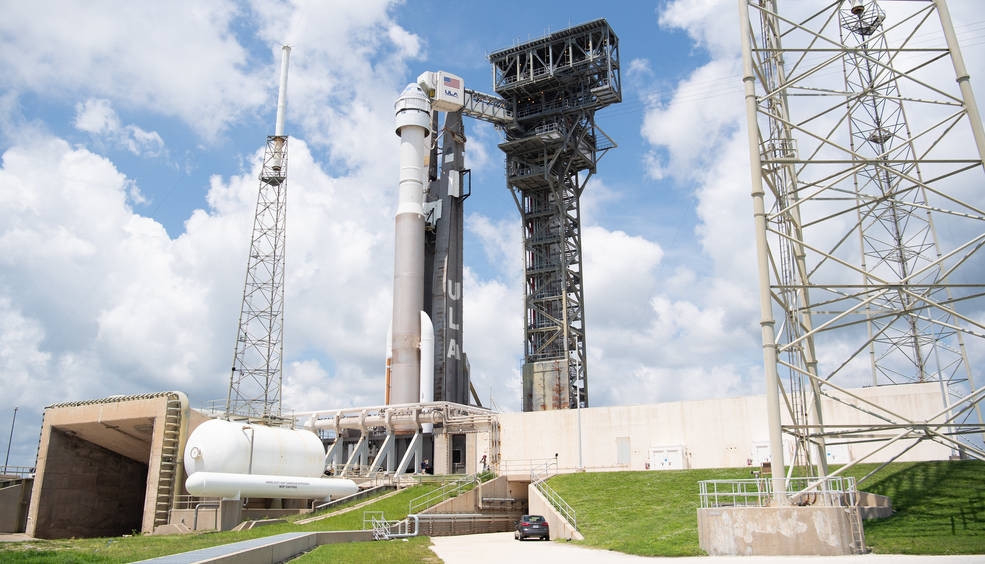Washington, Aug 14 (IANS) NASA and Boeing’s Starliner cargo spacecraft, stalled after an unexpected problem was detected with its propulsion system, may not be launched anytime soon, according to media reports.
The Orbital Flight Test-2 (OFT-2) — the second uncrewed flight for Boeing’s CST-100 Starliner spacecraft as part of the US space agency’s Commercial Crew Programme — has been held up since late last year.
Starliner launch could now be delayed for several months as Boeing will likely need to remove it from atop a rocket for repairs, the Wall Street Journal quoted people familiar with the matter.
The delay means a setback for Boeing’s space programme, which intended to ferry astronauts to the International Space Station (ISS).
The second flight launch, scheduled for early August, was shelved after mission teams detected indications that not all valves were in the proper configuration needed for launch. They found “unexpected valve position indications in the Starliner propulsion system”, NASA said in a statement.
Boeing engineers have since been working to repair the problem. The company revealed that 13 valves had failed to open as expected during preflight checks, the report said.
So far, the teams have repaired nine of the valves and are working to address the other four, the company said on Thursday.
“Over the past couple of days, our team has taken the necessary time to safely access and test the affected valves,” John Vollmer, a Boeing executive overseeing the Starliner, was quoted as saying.
Currently, Starliner has no new launch date set for its OFT-2 mission to the ISS.
“The company will work with NASA and United Launch Alliance to confirm a new launch date when the spacecraft is ready,” according to a company statement.
Boeing had signed a contract with NASA’s Commercial Crew Programme to fly operational missions to and from the space station with Starliner in 2014. However, a series of setbacks have thus far prevented the Starliner from reaching the ISS.
Its debut uncrewed orbital flight mission in 2019 did not go exactly as planned, requiring it to make another try before putting astronauts on board for the crewed flight test.
The second launch has been held up since late last year due to ongoing software checks. First scheduled for launch early in August, it was postponed after the thrusters on the ISS’ new Russian module Nauka Multipurpose Laboratory Module unexpectedly fired hours after docking, causing the station to move out of orientation. The space station was shoved 45 degrees off track. However, it was repositioned back to normal.
Another attempt was stalled after the valve issues cropped up, grounding the craft.

